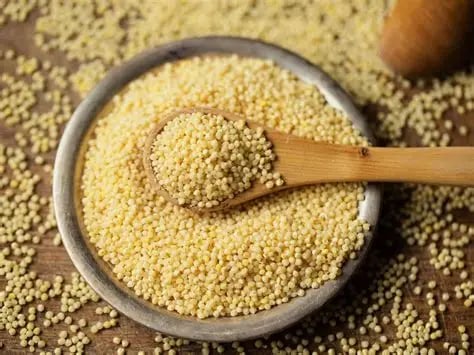

Millets are ancient grains that have been a staple of Indian agriculture for centuries, valued for their resilience, nutrition, and versatility. Known as “super grains,” they are naturally gluten-free, rich in fiber, protein, and essential micronutrients, making them increasingly popular worldwide as a healthy alternative to rice and wheat. India is the largest producer of millets, supplying a wide range of varieties to global markets for both human consumption and animal feed.
Indian Millets
Botanical Family: Poaceae (grass family)
Varieties Available:
Major Millets: Pearl Millet (Bajra), Sorghum (Jowar), Finger Millet (Ragi)
Minor Millets: Foxtail, Barnyard, Proso, Little, Kodo Millet
Grades: Food Grade, Feed Grade
Grain Characteristics:
Moisture: ≤ 12%
Protein: 7–12%
Fiber: 6–12%
Carbohydrates: 60–70%
Foreign Matter: ≤ 1%
Color: Cream, white, yellow, reddish-brown, or grey (variety-specific)
Texture: Hard, clean grains, free from mould or infestation
Shelf Life: 9–12 months in cool, dry storage
Applications:
Food Industry: Multigrain flour, porridge, bakery, snacks, cereals, baby food, beverages
Health & Wellness: Gluten-free diets, diabetic-friendly foods, weight management products
Feed Industry: Poultry, cattle, aqua feed
Industrial Use: Brewing, bio-based products
